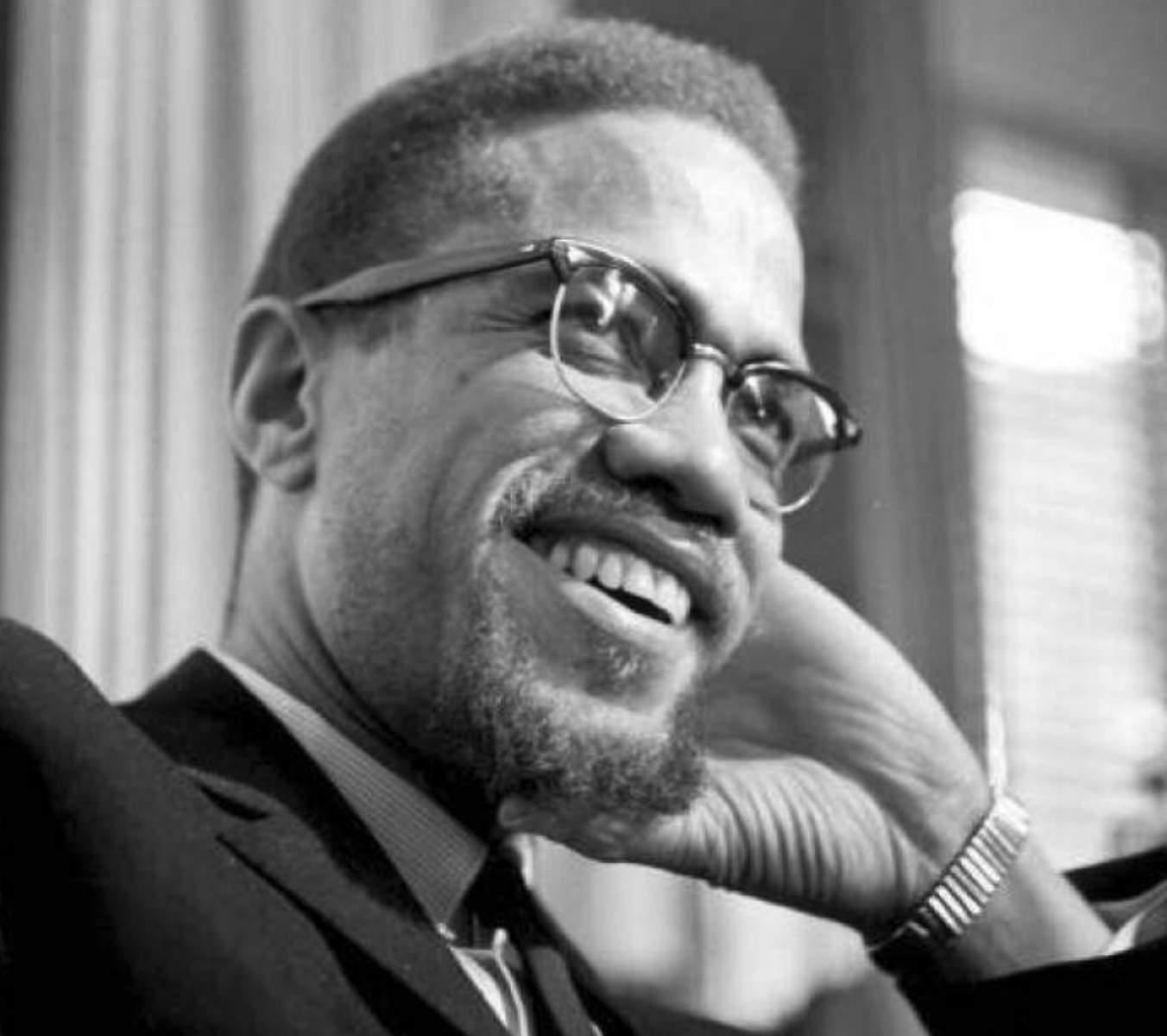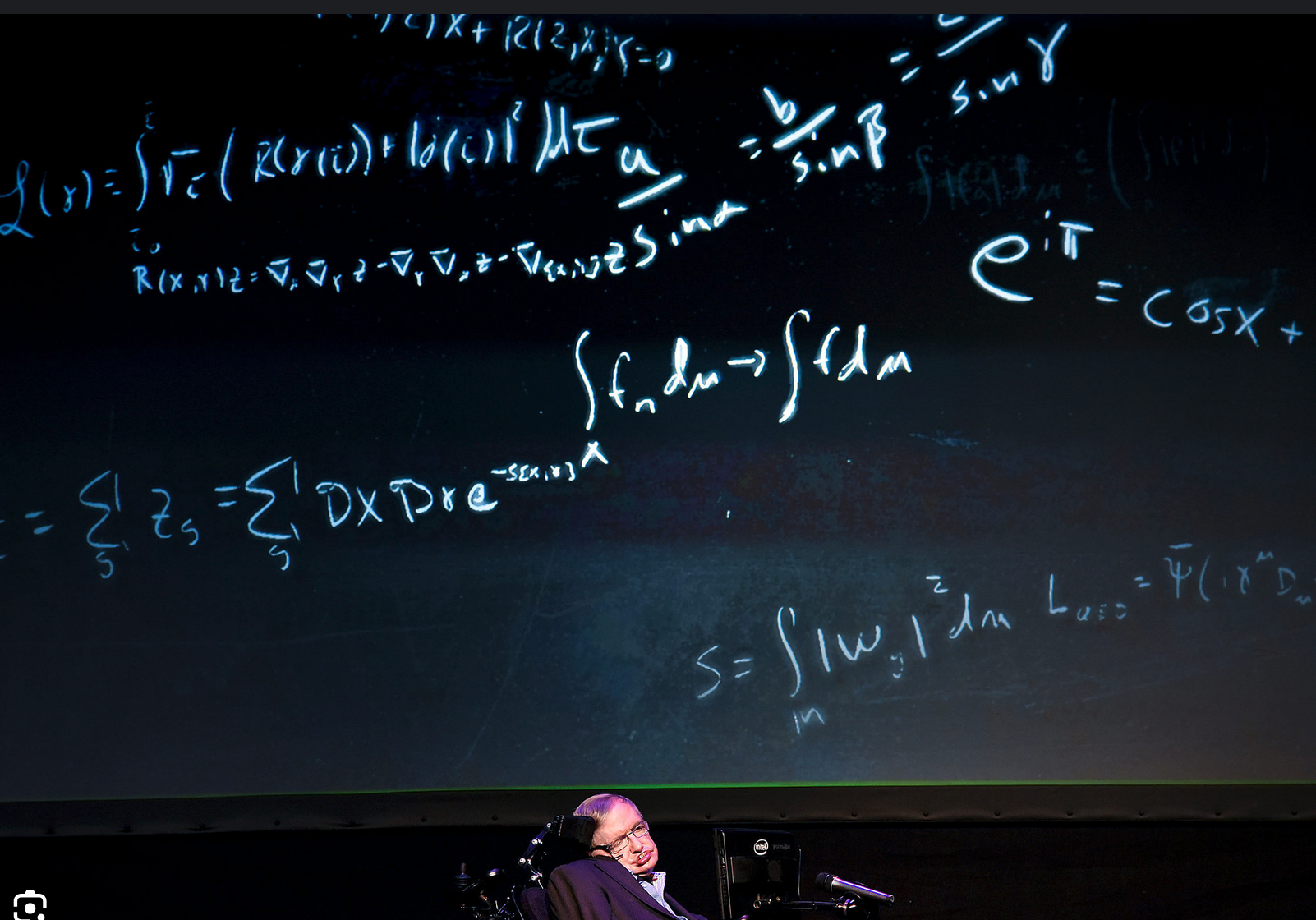Top Non-Fiction books 📚
I struggled a bit making this list just for 5 books 🙂 but it helped me to really think about the books that changed my life or tried to.
If someone is interested for me to go deeper on one of those books please feel free to let me know; I can talk about books the whole day. 🤓
The post is structure in such a way that , first I will try to provide a summary of the book in a senetence or two and then I will try
share the 3 main things I learned from each book. I hope you will enjoy the list.
1. Einstein: His Life and Universe

"Einstein and His Universe" by Walter Issacson provides an engaging exploration of the life and work of Albert Einstein.
It delves into the scientific genius behind his revolutionary theories, particularly the theory of relativity, which transformed our understanding of time and space. The book also offers insights into Einstein's personal life, including his relationships, struggles, and the political climate of his time, shedding light on how these factors influenced his scientific thinking. Through a blend of biography and science, Linder presents Einstein not just as a brilliant physicist,
but also as a deeply human figure, grappling with the implications of his discoveries on society and philosophy.
- The Revolutionary Impact of Relativity: Einstein's theory of relativity fundamentally changed our
understanding of time, space, and gravity, emphasizing that these concepts are interconnected rather than absolute.
- Personal Life Influences Scientific Thought: Einstein's relationships and personal experiences, including his
political beliefs and struggles, deeply influenced his scientific inquiries and perspectives.
- The Human Side of Genius: The book portrays Einstein not only as a brilliant scientist but also as a complex
individual who grappled with ethical implications and the societal impacts of his discoveries.
2. The Autobiography of Malcolm X

"The Autobiography of Malcolm X," as told to Alex Haley, chronicles the remarkable
life of one of the most influential African American leaders of the 20th century.
The book traces Malcolm X's journey from his troubled childhood in Omaha to his transformation into a prominent civil rights activist.
It candidly addresses his experiences with racism, his time in prison, and his eventual embrace of Islam, which shaped his worldview and activism. Throughout the autobiography, Malcolm X's powerful voice articulates themes of identity, empowerment, and the struggle for racial justice, making it a profound and essential read for anyone seeking to understand the complexities of race relations in America.
- Power of Education: Malcolm X's time in prison was pivotal in his transformation;
it was during this period that he educated himself, which ultimately shaped his worldview and activism.
- Racism's Deep Roots: The autobiography provides a candid examination of the systemic racism that permeates American society,
highlighting its effects on personal identity and community empowerment.
- Identity and Empowerment: Malcolm X's journey illustrates the importance of understanding one's identity and history
in the fight for racial justice and self-empowerment.
3. A Brief History of Time

Stephen Hawking's "A Brief History of Time" is a groundbreaking work that seeks to explain complex concepts of cosmology to a general audience. The book explores fundamental questions about the universe, including the nature of time, black holes, and the Big Bang theory, all while maintaining a conversational tone that invites readers into the realm of theoretical physics. Hawking's ability to simplify complex scientific ideas without losing their essence makes this book accessible, even for those without a scientific background. By blending philosophy with science, Hawking encourages readers to ponder the nature of existence and our place within the cosmos.
- Nature of Time and Space: The book explores complex concepts like the nature of time, black holes,
and the origins of the universe, challenging readers to rethink their understanding of reality.
- Accessibility of Science: Hawking's ability to explain intricate scientific ideas in an accessible way demonstrates
that profound concepts in physics can be understood without a technical background.
- Philosophical Reflections: The blend of science and philosophy encourages readers to contemplate profound
questions about existence, reality, and our place in the universe.
4. The First and the Last Freedom

Jiddu Krishnamurti's "The First and the Last Freedom" presents a thought-provoking exploration of the nature of freedom and the psychological barriers that hinder it. The book emphasizes the importance of self-awareness and understanding one’s own thoughts and conditioning as prerequisites for true freedom. Krishnamurti challenges conventional beliefs about authority, religion, and society, advocating for a personal and direct experience of truth rather than adherence to dogma. His teachings encourage readers to transcend societal limitations and discover a state of mental clarity and liberation through deep introspection and insight.
- Self-Awareness as Key to Freedom: Krishnamurti emphasizes that true freedom begins with self-awareness and understanding of one's own thoughts and conditioning.
- Rejection of Dogma: The book challenges readers to move beyond traditional beliefs and societal norms, advocating for personal
experience and insight as the path to truth.
- The Psychological Barriers to Freedom: It explores how societal conditioning and psychological barriers can inhibit true freedom,
encouraging deep introspection to transcend these limitations.
5. Behave 🧠 😠 😀 😞 🧪
"Behave" by Robert M. Sapolsky offers a comprehensive look at human behavior, blending insights from neuroscience, psychology, and biology. Sapolsky investigates the myriad factors that influence our actions, from genetic predispositions to environmental triggers, highlighting the complex interplay between nature and nurture. The book covers a range of topics, including aggression, morality, and social dynamics, providing a nuanced understanding of why we behave the way we do. Through engaging anecdotes and rigorous research, Sapolsky encourages readers to reconsider the simplistic notions of free will and moral responsibility, inviting them to embrace the complexity of human behavior.
- Complexity of Human Behavior: Sapolsky examines the intricate interplay between genetics, environment, and personal experiences,
illustrating that behavior cannot be reduced to simple explanations.
- Nature vs. Nurture Debate: The book emphasizes that both biological factors and social contexts are crucial in
understanding human behavior, challenging the notion of free will as a binary concept.
- Moral Responsibility Reevaluated: Through rigorous research, Sapolsky invites readers to reconsider their
ideas of moral responsibility and free will, suggesting that human behavior is often a product of numerous interacting
factors rather than isolated choices.
Resources
- The Revolutionary Impact of Relativity: Einstein's theory of relativity fundamentally changed our understanding of time, space, and gravity, emphasizing that these concepts are interconnected rather than absolute.
- Personal Life Influences Scientific Thought: Einstein's relationships and personal experiences, including his political beliefs and struggles, deeply influenced his scientific inquiries and perspectives.
- The Human Side of Genius: The book portrays Einstein not only as a brilliant scientist but also as a complex individual who grappled with ethical implications and the societal impacts of his discoveries.
- Power of Education: Malcolm X's time in prison was pivotal in his transformation; it was during this period that he educated himself, which ultimately shaped his worldview and activism.
- Racism's Deep Roots: The autobiography provides a candid examination of the systemic racism that permeates American society, highlighting its effects on personal identity and community empowerment.
- Identity and Empowerment: Malcolm X's journey illustrates the importance of understanding one's identity and history in the fight for racial justice and self-empowerment.
- Nature of Time and Space: The book explores complex concepts like the nature of time, black holes, and the origins of the universe, challenging readers to rethink their understanding of reality.
- Accessibility of Science: Hawking's ability to explain intricate scientific ideas in an accessible way demonstrates that profound concepts in physics can be understood without a technical background.
- Philosophical Reflections: The blend of science and philosophy encourages readers to contemplate profound questions about existence, reality, and our place in the universe.
- Self-Awareness as Key to Freedom: Krishnamurti emphasizes that true freedom begins with self-awareness and understanding of one's own thoughts and conditioning.
- Rejection of Dogma: The book challenges readers to move beyond traditional beliefs and societal norms, advocating for personal experience and insight as the path to truth.
- The Psychological Barriers to Freedom: It explores how societal conditioning and psychological barriers can inhibit true freedom, encouraging deep introspection to transcend these limitations.
- Complexity of Human Behavior: Sapolsky examines the intricate interplay between genetics, environment, and personal experiences, illustrating that behavior cannot be reduced to simple explanations.
- Nature vs. Nurture Debate: The book emphasizes that both biological factors and social contexts are crucial in understanding human behavior, challenging the notion of free will as a binary concept.
- Moral Responsibility Reevaluated: Through rigorous research, Sapolsky invites readers to reconsider their ideas of moral responsibility and free will, suggesting that human behavior is often a product of numerous interacting factors rather than isolated choices.